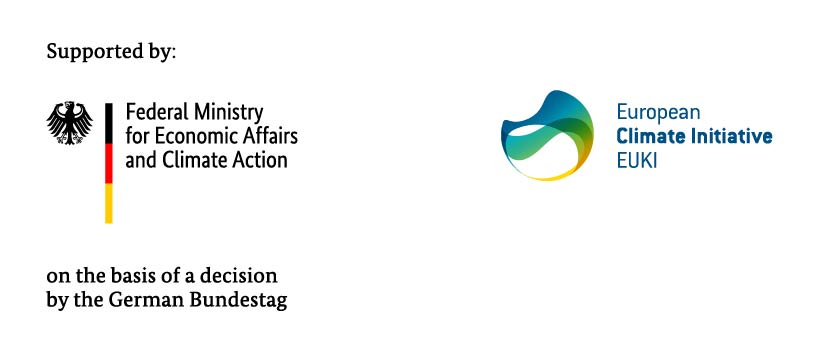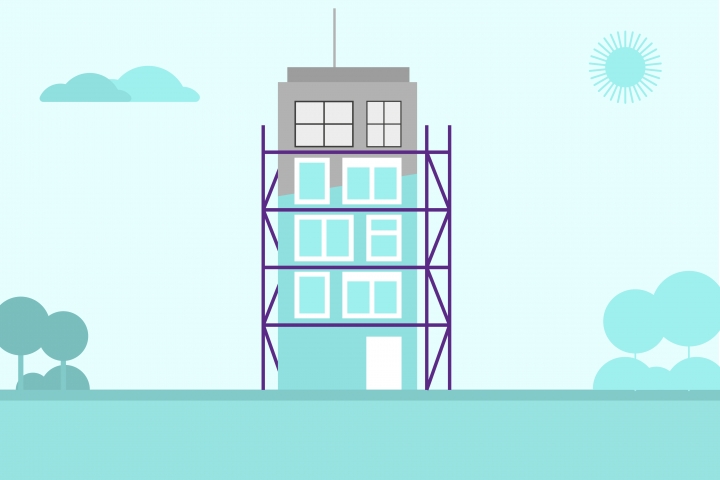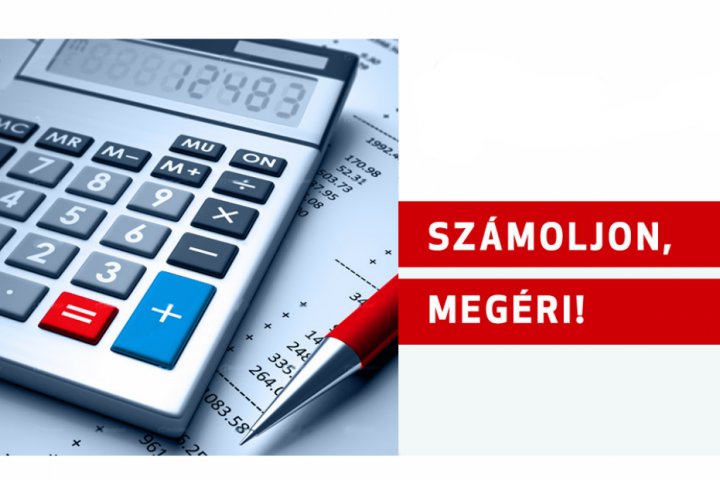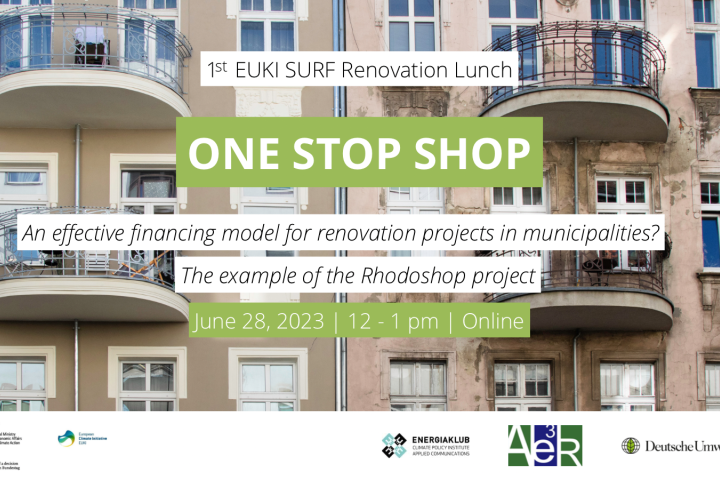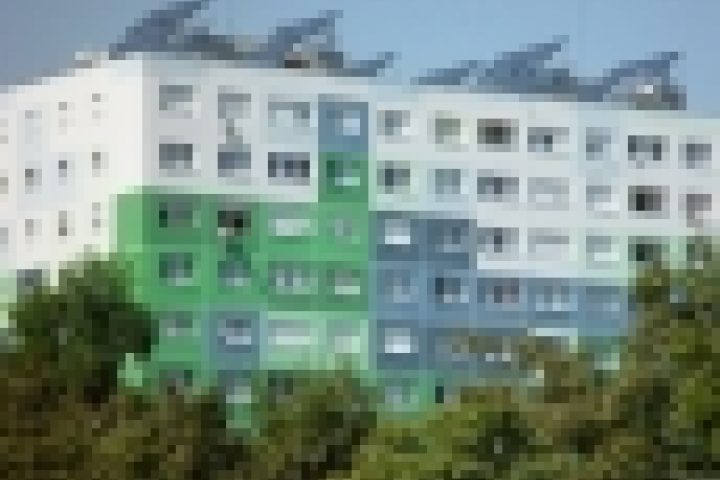Sustainable building renovation – Forming the Future (SURF)
According to the new EU Energy Efficiency Directive, 3% of total floor space of public buildings will have to be renovated each year until 2030. The SURF project contributes to this transformation process by stimulating deep and sustainable building renovation at municipal level and beyond.
Peer-to-peer learning program, training series on circular renovation, practical guideline and sustainability checklist will empower municipal actors to implement ambitious, environmentally and socially sustainable energetic renovation projects. The project fosters the spread of circularity in renovations by establishing a transnational network and exchange of best practices.
Primary target group of the project are municipal professionals and local decision makers, who will have the possibility to attend peer-to-peer workshops and share their innovative concepts and successful practices. The results will be summarized in factsheets and in a learning paper, which can be a knowledge resource for other municipality professionals as well as for future projects.
The online training series aim to provide state-of-the-art practical knowledge for municipal professionals to kick-start sustainable renovations locally. In addition to the trainings, practical guideline for Green Public Procurement for Buildings and a Sustainability Checklist will be provided.
Policy makers on the national level will be targeted by dissemination activities. In addition, municipalities will promote sustainable renovations in the private sector in their communities.
The expected outcome is increased professional capacity of the participating municipalities, increased public awareness of sustainable renovation and the empowerment of municipal actors to implement sustainable renovation projects.
Our project partners are:
- Deutsche Umwelthilfe (DUH, lead partner, Germany)
- Ae3R Ploiesti-Prahova (Romania)
Official web-platform of the project is available here. Project news are also available on the EUKI website.
This project is part of the European Climate Initiative (EUKI) of the German Federal Ministry for Economic Affairs and Climate Action (BMWK).
